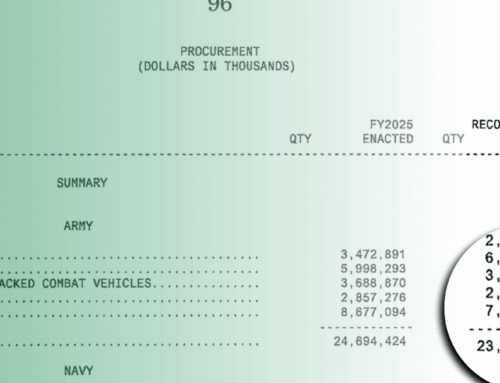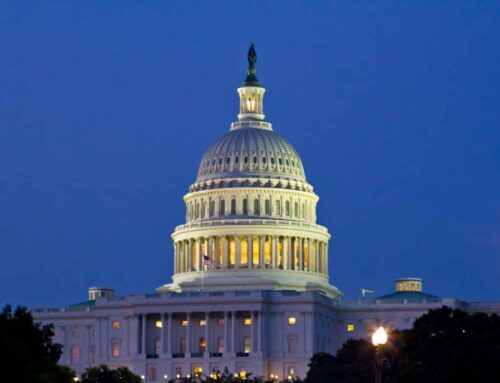War has always been expensive and the war in Iraq is no different. The United States has already spent $1 billion dollars on cruise missiles, $380 million on chemical protective suits, $100 million for air combat sorties, $3 million per day for food for the troops and about $2.9 million a day to operate each of the aircraft carrier groups.
As the War in Iraq progresses, there are growing questions about the total cost of ‘liberating’ Iraq from Saddam Hussein. Taxpayers for Common Sense (TCS) is concerned that our nation has engaged in a fiscally costly game of diplomatic brinkmanship that will likely increase the long-term American costs for building democracy in Iraq.
Most Americans, and indeed the world, agree that Saddam Hussein has to be removed from power, but there is still vast disagreement on the way to achieve this goal in a cost-effective manner. While cost alone should never be the deciding factor, any time our nation decides to go to war, the budgetary and economic costs should always be considered and carefully evaluated. In the case of Iraq, the full costs, including prosecuting the war, occupation, rebuilding and democracy building; need to be disclosed by the administration. American taxpayers deserve full disclosure on the costs to prevent a bad case of sticker shock. This open debate over long-term costs is vital to ensuring that we don’t shortchange the necessary efforts to achieve the strategic goal of building a new democracy in Iraq.
Despite international dissension over the decision to go to war, the President and lawmakers should still endeavor to build stronger post-invasion ties with European and other countries that have a vested interest in a stable, democratically governed Iraq. Our current practice of fiscal unilateralism has to end. Day by day, it becomes clearer that the real long-term financial costs lie within the occupation and rebuilding of the country. We need to encourage
other countries to share in the long-term financial burden or the United States will find itself in a financially vulnerable position as we continue to fight a global war against terrorism.
The administration’s delay in releasing details about the total costs of the war delays and hampers legitimate debate about the costs of a war in Iraq. As our nation is at war, it is imperative that the full short, and long-term costs of an Iraq invasion to the federal budget
be carefully scrutinized, evaluated and brought to the public eye. Unfortunately, Defense Secretary Donald Rumsfeld and several other officials in this administration have commented that a full estimate on the costs of war is not “a very useful exercise.”
This paper provides a realistic analysis of all the costs associated with an invasion of Iraq, including build-up, direct costs, replacement costs, occupation and rebuilding costs, and the economic costs of potential U.S. casualties from the conflict. While focusing on direct costs of the invasion for 2003, Sharing the Burden also calculates the total potential cost of the war if it doesn’t proceed exactly as planned. The report also examines the total expense of rebuilding, occupation, casualties and protecting the health of our troops.
Finally, this report provides new insight to the debate on the importance of sharing the financial burden of a post-war Iraq with other nations. In order to pay the bill for the war and to rebuild and occupy Iraq, we are either going to run up a record federal budget deficit for this year, or we have to start making tough decisions on new ways to pay for this massive military expense. Do we cut domestic programs, pork, or wasteful and redundant military
expenditures? Do we work to get international allies to help share the burden of the cost? The Administration has not provided a plan to dig our way out of the current budgetary hole and to fund a military offensive and rebuilding plan in the Middle East.
Read the full report here:
Sharing the Burden: More International Support Needed to Pay for War and Post-Saddam Iraq










